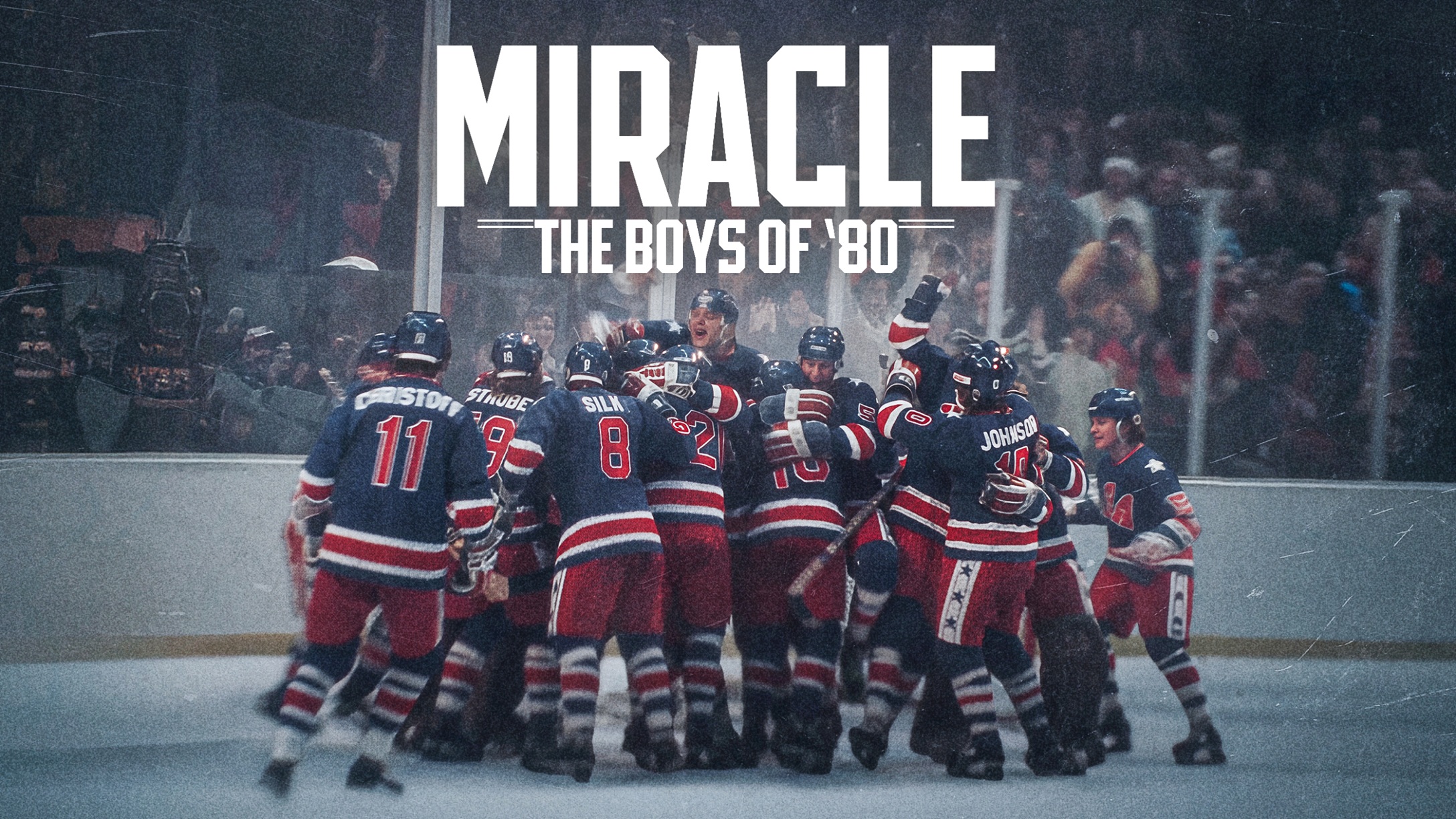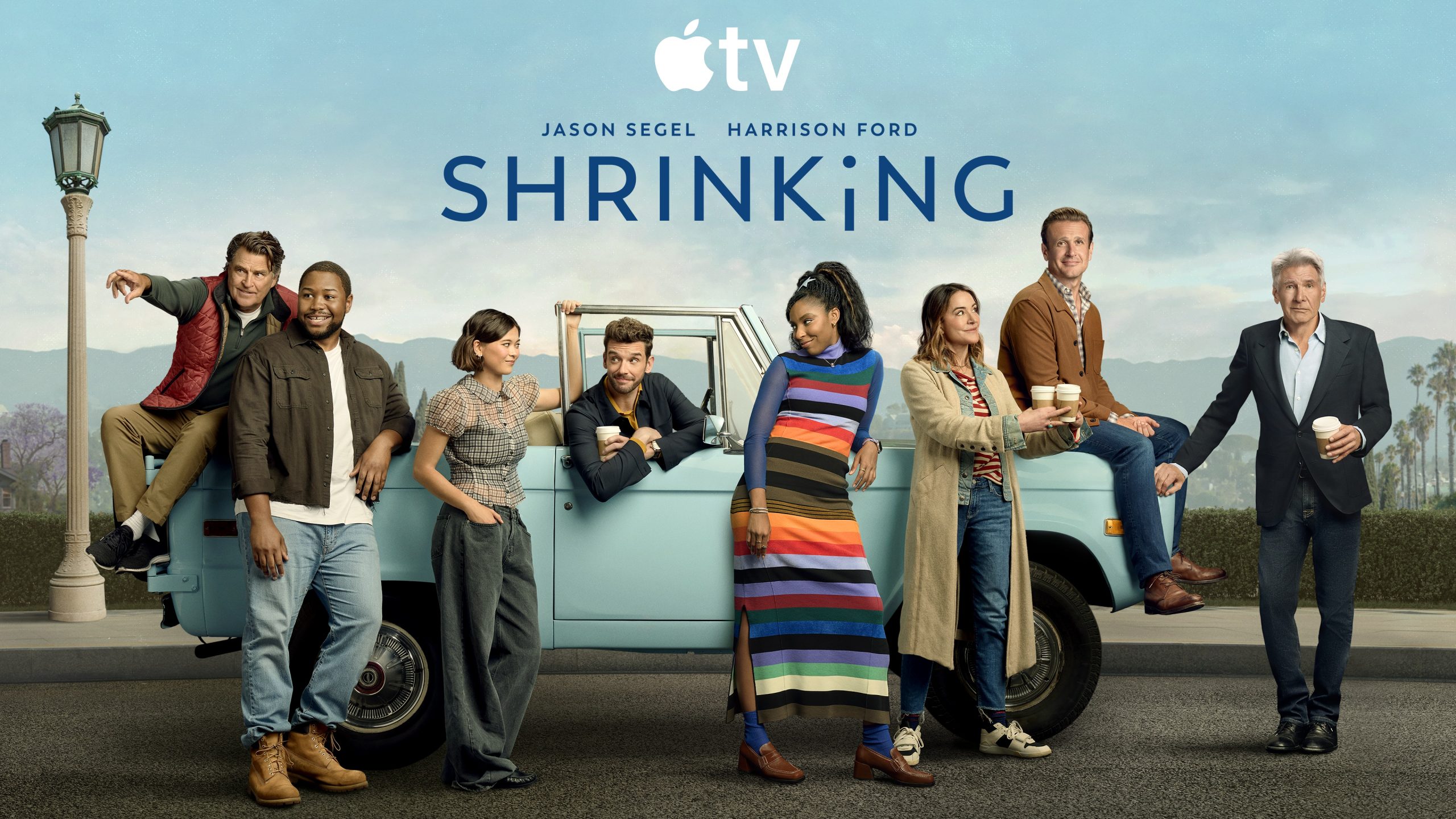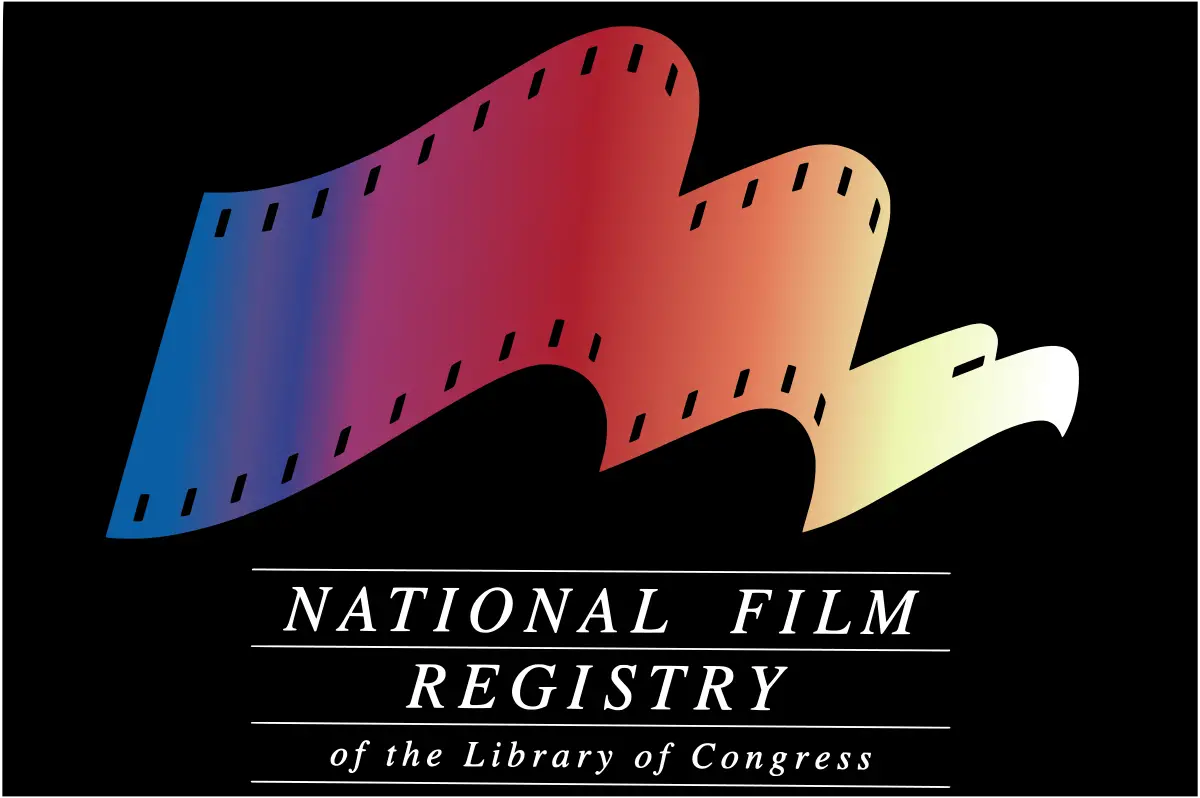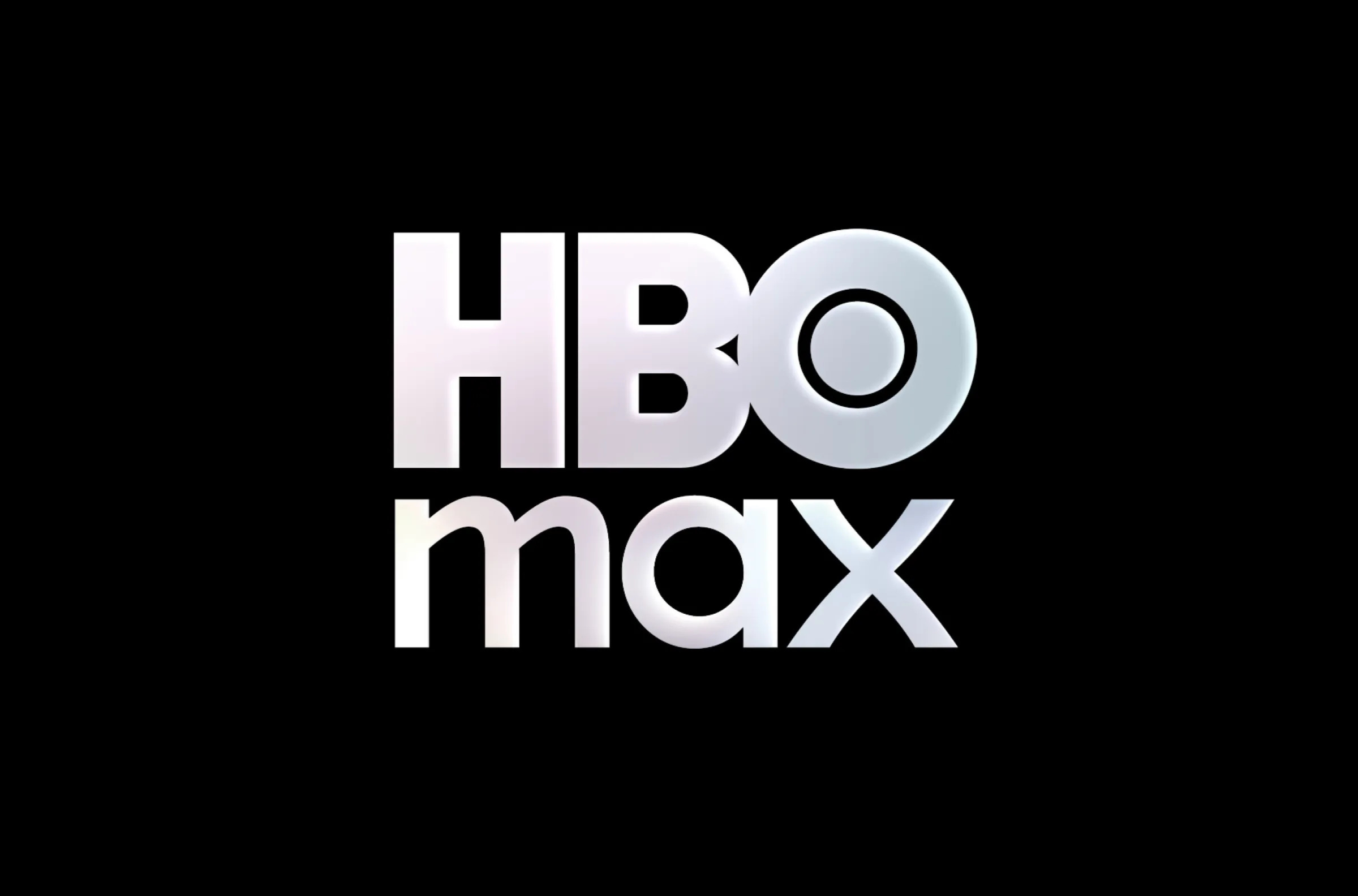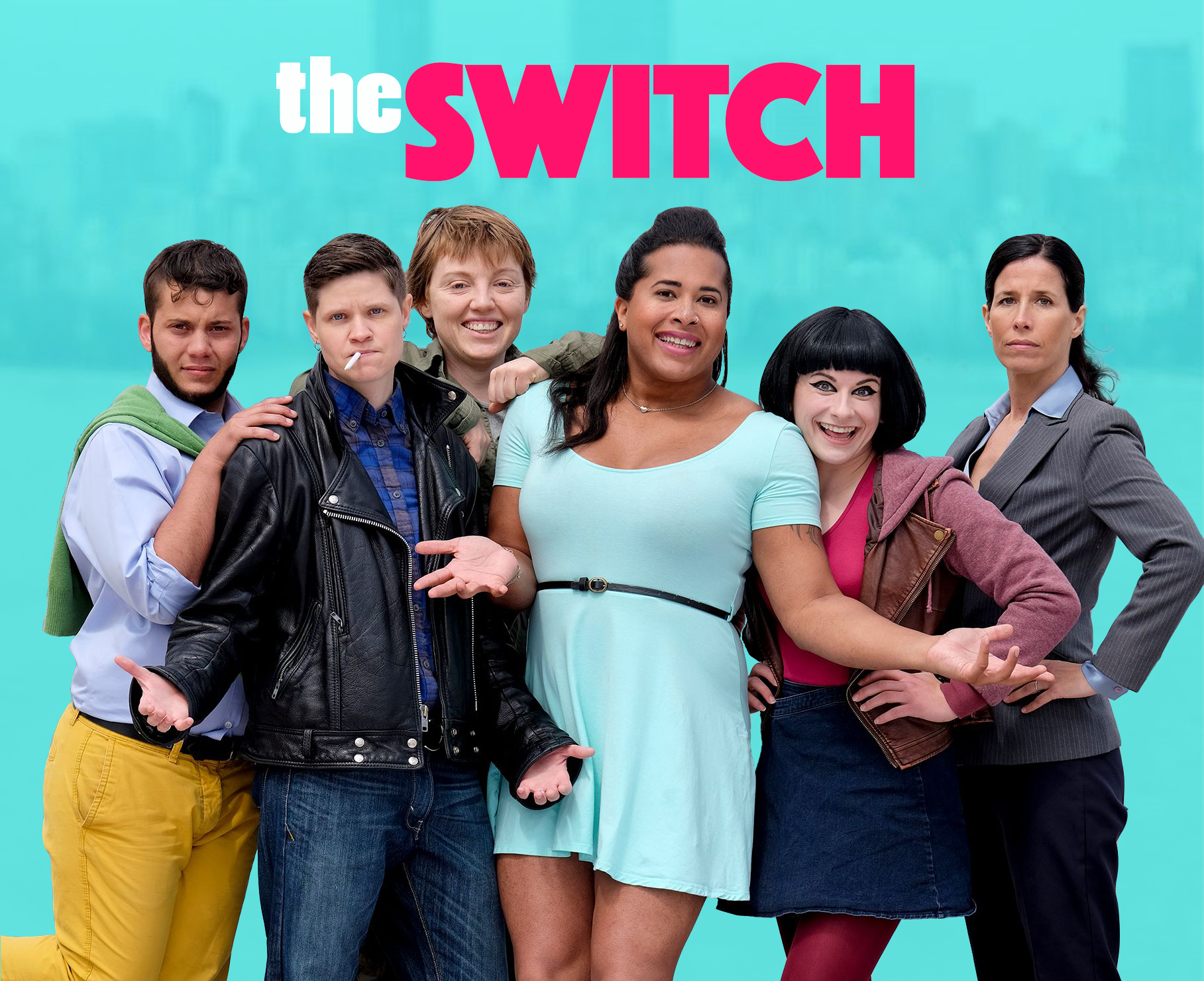
Transgender showrunner Amy Fox took some time to talk to Solzy at the Movies about The Switch.
When did you conceive the idea for this series, which is the first transgender sitcom, and how soon did you start a Kickstarter campaign for The Switch?
Amy Fox: We came up with the idea in 2010. We did a web pilot and tried kickstarting a first season in 2013 – but the Kickstarter failed. We made a TV pilot instead. Then we funded a first season in with a mix of investment, a 2014 kickstarter, a broadcaster fee, government tax credits, and community donations of things like shooting space and meals – and labour. Huge amounts of labour.
June 2014 was a year before Caitlyn Jenner came out and a year after Laverne Cox was on the first season of Orange is the New Black. What has and hasn’t changed since then?
Amy Fox: Casting directors are looking for trans actors more than they did before – albeit usually for small roles. But we have major characters in Sense8 and The OA. We have a few Trans showrunners – the Wachowskis, Jen Richards and Shadi Petosky. There’s a non-binary character on Billions. Shows with trans characters make it to second seasons and beyond. On the Indie side, there’s Tangerine, and Brothers.
On the other hand, there’s still a lot of discrimination. I see more trans female representation than trans male, or non-binary. And what trans female representation I see often requires that people look the beauty queen part. And I see intersections of race and size disqualify trans folks. I still see visible trans people getting turned down for parts that can be played by literally anyone, like “bus passenger” or “refugee.” Trans content is still considered niche and usually needs to wrap itself in cis stories to get past old school execs.
There’s been a lot of controversy with cis men playing trans roles. What do you make of this and how do we improve trans representation in the media?
Amy Fox: To start, as other trans creatives have pointed out, it pushes the idea that trans women are men pretending to be women, and that feeds into some dangerous myths.
But it’s more than that. Right now, our media pushes the message that if you are any combination of heavy, female, average-looking, old, openly queer, brown, mixed, trans, visibly disabled, short, and/or have a non-mid-western accent, then you, your life and your stories just aren’t worth the time. And when it grudgingly acknowledges a marginalized community and its struggles, it refuses to hire people from that community? That’s ridiculous.
We need film and TV made by and starring the full range of humanity. Casting a variety of trans people in trans roles helps correct some of this inequity, but it’s only a first step. If we treat trans-as-trans as a final goal, we pigeon-holes trans talent – out trans actors can play trans street people or trans brothel workers, but not bus-drivers, parents, doctors, vampires or space captains – roles that can and should look like everyone.
Also, trans actors don’t need a consultant to be trans, The other advantages is that a trans actor in a trans role doesn’t need a consultant, and can show up ready to work.
OutTV in Canada has aired the six episodes. Where can interested viewers watch in the US?
Amy Fox: Right now it’s available on Vimeo and Revry. It’s coming to Amazon, Google Play and Itunes this summer. And if we can sell 100,000 copies of season 1, then we can make season 2. It’s up to viewers whether there wil be more of this.
What is your background in comedy or television?
Amy Fox: Before The Switch, my performance and TV background was pretty minimal. I dug into improv in as soon as we decided to make this, then enrolled in a college film program. As soon as I graduated, the team started making the web pilot – we’d only planned on a webseries then. Since then, going from pilot to a season, to prepping for season two, it’s been a long road of learning the industry.
A lot of my creative writing since 7th grade has had transgender themes naturally happen in one way or the other until the OMG moment at the start of November 2015. Were you the same way?
Amy Fox: For me it came out more subtly. I had a lot of gender-ambiguous figures in my art and RPGs, and I loved – and, in retrospect – identified with the representation of gender-variant women. My writing had a lot of gender-odd content in it. I played a trans character in larp. In retrospect, it was pretty darn clear.
I’m an aspiring screenwriter myself with an outline for a sitcom with a trans lead. What advice would you offer to someone like me as far as proceeding forward with my idea after I expand the outline into a pilot script?
Amy Fox: First, television is extremely competitive as most writers want in on scripted content, especially series. It’s also emotionally and financially abrasive. Getting a series off the ground takes years, even for established professionals. So if you’re in, get ready for a triple-marathon. Don’t over commit your self, your wallet, or your heart, talk to people who have done it before you. Be cautious of good news. Celebrate small victories.
Ask if it has to be a scripted series. Can it be a feature film, a reality TV show, or web content? Those are much easier to make.
With that in mind – to pitch a show, you need to start with a “series bible” (a synopsis of the show) and a pilot script. Attach an agent and some well-known actors. Then go for it.


